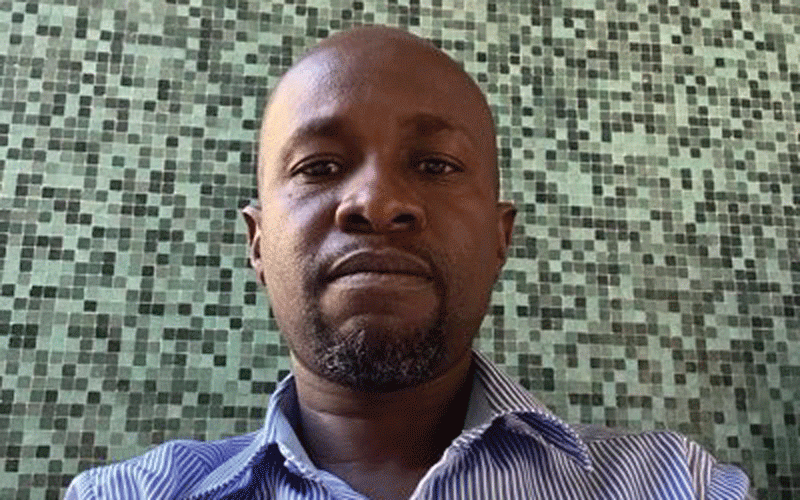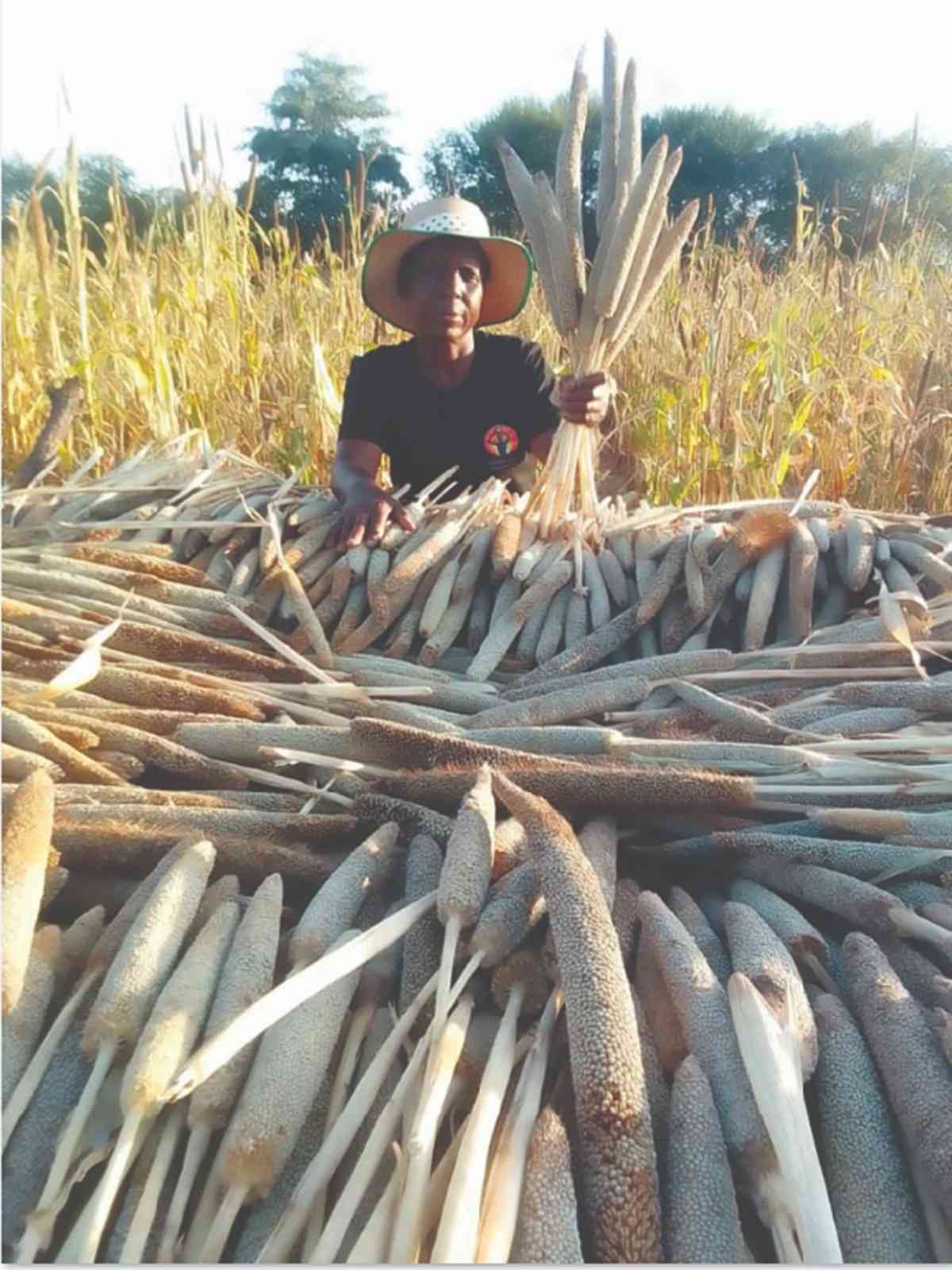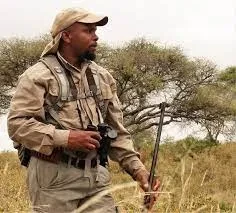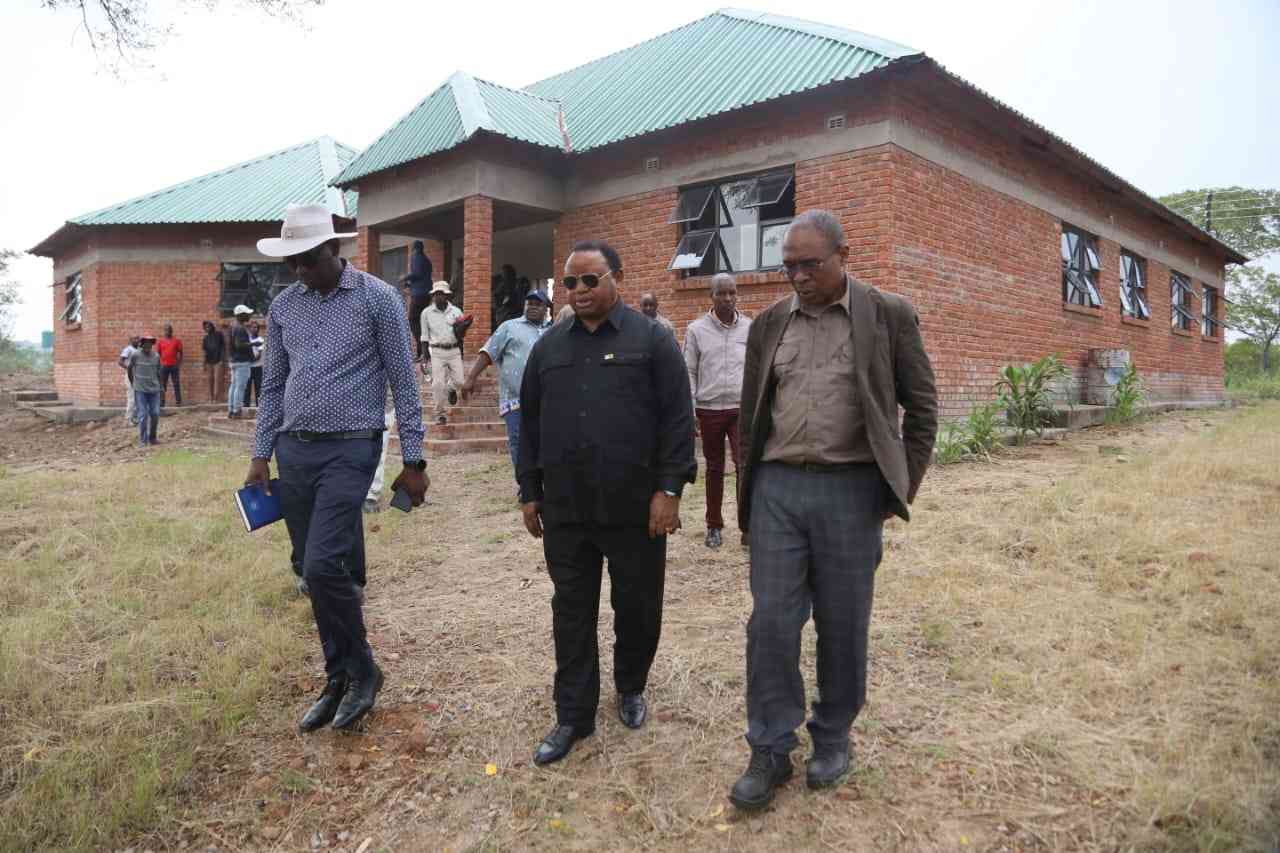
PRESIDENT Emmerson Mnangagwa has been petitioned to reconsider the way the chiefs-led hearings into the Gukurahundi massacres are being conducted on grounds that the process is flawed and not a genuine attempt to address the country’s dark past.
Mnangagwa appointed traditional leaders to conduct the hearings in selected parts of Matabeleland away from the public eye.
Midlands, which also bore the brunt of the massacres, has been excluded, raising eyebrows.
Critics have criticised the secrecy surrounding the hearings, and said the process lacked transparency.
In the petition, critics who include IbhetshuLikaZulu and other concerned individuals as well as organisations said there wasa need for inclusion of Gukurahundi victims from Midlands, Bulawayo and the diaspora.
“The exclusion of these groups would compromise the integrity and legitimacy of the process, as their experiences and testimonies are crucial to providing a comprehensive understanding of the Gukurahundi atrocities,” the petition read.
“We believe that inclusivity is essential for authenticating the accounts of Gukurahundi atrocities, providing justice and reparations to all victims and promoting national unity and reconciliation.
“We demand that the Gukurahundi chiefs-led process takes immediate action to include representatives from these affected areas and communities.”
- Mr President, you missed the opportunity to be the veritable voice of conscience
- ED to commission new-look border post
- Zanu PF ready for congress
- EU slams Zim over delayed reforms
Keep Reading
The petitioners said the voices of all victims must be valued.
The petition is copied to the president of the national Chiefs Council Mtshane Khumalo, Office of the President and Cabinet (OPC) and its chief secretary Martin Rushwaya, Chief Fortune Charumbira, Parliament and the Zimbabwe Human Rights Commission.
IbhetshuLikaZulu coordinator, Mbuso Fuzwayo, said there was need to rethink the whole chiefs-led process if there is an attempt to find closure to Gukiurahundi.
“If they are genuine in resolving Gukurahundi, which is obviously not true, and if there are certain items associated with Gukurahundi you can’t then isolate victims, or deal with a select groups of victims and leave others from Bulawayo and Midlands,” Fuzwayo said in an interview.
“It is on record that some victims of Gukurahundi in Matabeleland North and South ran away to Bulawayo and the diaspora.









